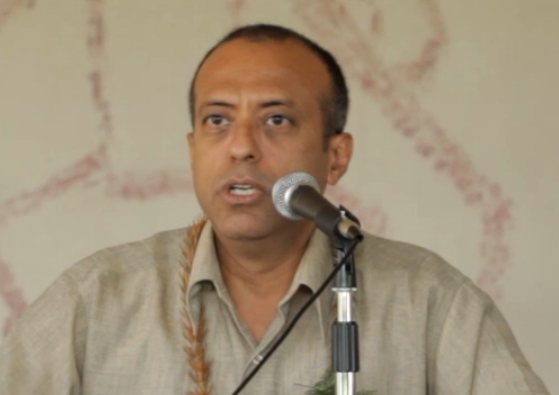Decolonisation
Decolonisation in the late 1940s and 1950s coincided with the Cold War and mapped competing internationalisms that connected writers and activists in Asia and Africa with each other and with either the Eastern or Western bloc. India, a leading Non-Aligned nation and the first to recognize Communist China, and then Egypt played pivotal roles in these international networks, which ran through associations, writers’ conferences, and journals, where a wider range of Asian and African literature acquired visibility and where translations were published. The main genres in this period were the short story, modernist poetry, though theatre and the novel, including the village novel, were also significant. While postcolonial states tried, with greater or lesser success, to establish single national languages, intellectuals grappled with multilingualism, whether as the relationship between Arabic and French, or between Amharic and Oromo and other regional languages in Ethiopia, or between Hindi, Urdu, other Indian languages and English.
What is postcolonial philology?
S. Shankar argues that postcolonial philology can present "a powerful way of plumbing the depths of that dauntingly deep and shifting ocean of historical experience that we call the modern colonial encounter and its aftermath".


